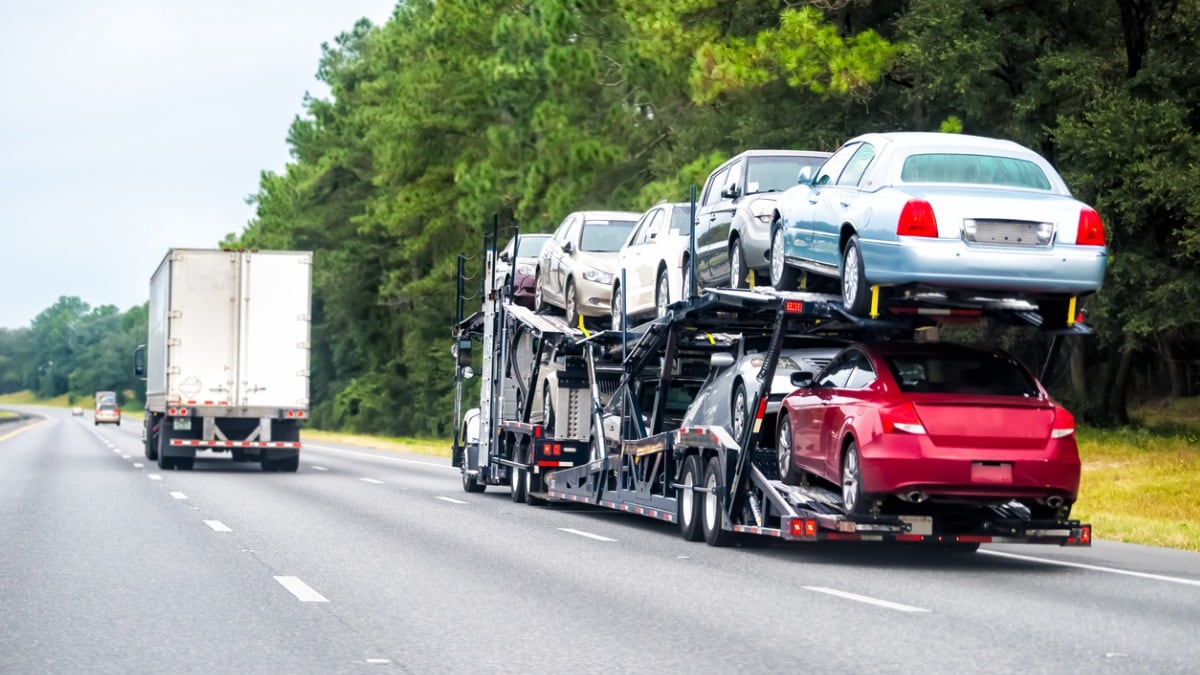
Automakers are increasingly throwing up their hands and admitting that they have no idea what to expect from this year as constantly-shifting tariffs roil their industry.
Corporations routinely issue guidance telling investors how they expect their businesses to perform over the next year.
In the last 24 hours, five major automakers have withdrawn their 2025 guidance and told investors they can’t predict their futures.
Losses and Withdrawn Predictions
General Motors went first. The Wall Street Journal explains, “Chief Financial Officer Paul Jacobson said the company would come back to the market with an update once its executives have more clarity.” On a call with reporters Monday, Jacobson said, “Given the evolving nature of the situation, we believe the future impact of tariffs could be significant.”
Mercedes followed. “The company warned that operating earnings, cash flow, and margins would be hit if the current trade hurdles persist,” Bloomberg explains.
Porsche “lowered its profit outlook and warned it’s unable to estimate any tariff impacts from June.”
Stellantis suspended its guidance the same day. CNBC says the company blamed “uncertainties regarding the impact of U.S. President Donald Trump’s back-and-forth trade policy.”
Volvo withdrew its guidance for the next two years yesterday. Reuters notes, “The group, one of the most exposed European automakers to U.S. tariffs as most of the cars it sells there are imported from Europe, said the trade measures had hit its first-quarter operating profit, which fell 60%.”
Volkswagen bucked the trend, maintaining its targets for 2025 despite a 40% profit drop in the first quarter. However, “Finance chief Arno Antlitz said in an earnings call Wednesday that current guidance ranges still excluded any impact from tariffs as it is too early to conclusively quantify how they might affect operations,” according to the Wall Street Journal.
Tariffs Changing
The moves came on the same day President Trump softened some of the tariffs, and ahead of a new round of tariffs affecting car parts that could take effect Saturday.
The White House has enacted three rounds of tariffs affecting car prices, including a levy on imported metals, a levy on imported cars, and an upcoming levy on imported car parts. Since every vehicle built in the U.S. uses some imported parts, the sum of the three policies will raise the price of every car on the market. However, the White House altered two of the three in the first 30 days.
More changes could be ahead. Industry publication Automotive News reports that the administration has summoned the leaders of Toyota, Hyundai, and other automakers and suppliers to the White House for a meeting to discuss tariff policy today.

